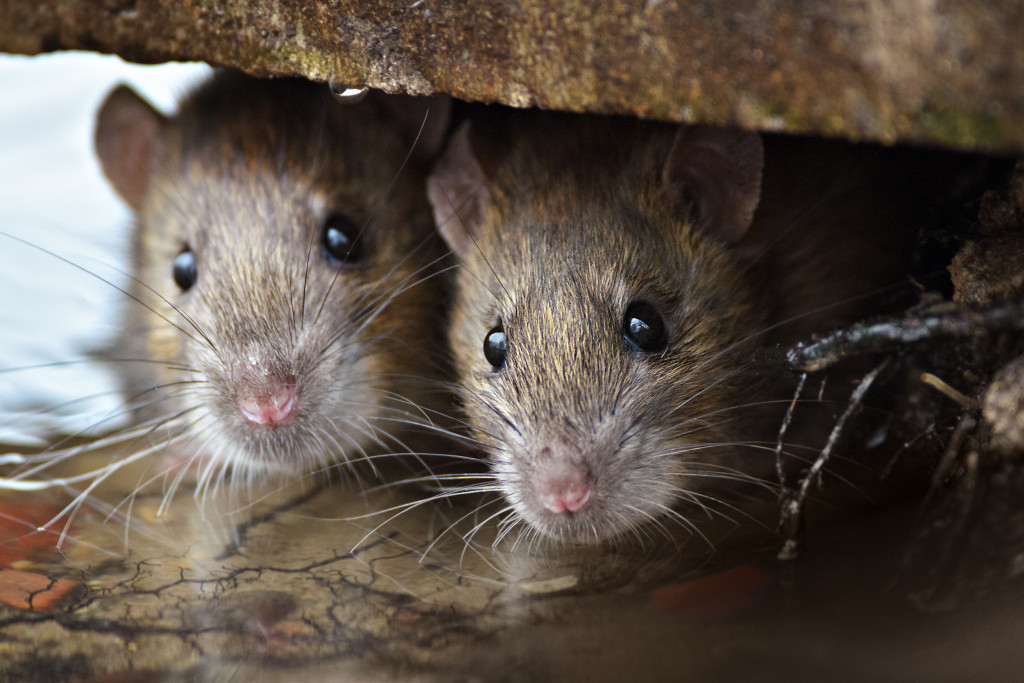
- Rats are a common problem in the U.S. and can carry multiple diseases, such as salmonella and plague.
- They can cause extensive property damage, contaminate food sources, and trigger allergies and asthma attacks.
- Property values may decrease due to the risks associated with rats.
- Prevention is key: block off potential entry points, regularly clean your home, and eliminate attractants.
- Hire a local pest control service if you suspect an infestation.
It is common for people to think of rats as harmless little creatures that are just looking for food and a warm place to stay. Unfortunately, this is far from the truth. Rats can harm you and your family if they can enter your home. They can damage your property, contaminate your food, and cause serious health problems. It is essential to understand the dangers that rats can pose so that you can take appropriate measures to prevent and control their presence.
Rats in the U.S.
Rats are fairly predominant even in a country like the U.S. Approximately about 14 million households have seen signs of rat infestation. Unfortunately, these little rodents can carry many diseases—from salmonella to the plague. They are also known for their ability to chew through wiring and cause structural damage in buildings. Here are the dangers that rats pose to your home.

Property Damage
Rats are known for their destructive nature. They can chew through almost anything, including wires, insulation, and even gas pipes, causing extensive damage to your home. This can be expensive to fix and put your family at risk of fire and gas leaks.
Contaminated Food
Rats carry various diseases, including salmonella and leptospirosis, which can be transmitted to humans through their urine and feces. They also contaminate food sources, spoiling your groceries and making them unsafe to eat.
Health Risks
In addition to food contamination, rats can cause other health problems. They can trigger allergies and asthma attacks in susceptible individuals due to the dust and debris they leave behind. They can also carry fleas and ticks, which can transmit further diseases. Additionally, their droppings and urine can cause respiratory illness and even hantavirus.
Damage to Property Value
Having rats in your home can also greatly diminish the value of your property. Potential buyers may be deterred by the risk of disease and property damage, making it difficult to sell your home should you choose to do so in the future.
Difficulty in Getting Rid of Them
Finally, perhaps the most significant danger to rats is their difficulty in eradication. Rats breed quickly and can rapidly infest a home, making it difficult to eliminate them. Even after you think you may have gotten rid of them, they can still linger in the walls and other hard-to-reach areas, threatening your family’s health and well-being.
Home Renovations to Keep Rats Away
A home susceptible to rats should be regularly renovated to keep these pests away. Here are some home renovations you should make to protect yourself against infestations:
Replace Cabinets
Rats love dark and damp spaces. If your cabinets are made of wood and have plenty of room for a small rat to hide, you should replace them with metal or plastic ones that offer less space and protection. You can hire a local finish carpentry service to do this for you. They can replace your cabinets with higher-grade materials that will give you more protection against these pests.

Keep Your Garden Safe
Rats also love to live in gardens, so keep yours secure. Keep your grass and bushes trimmed, fix broken fences or gates, and remove rotting wood or debris that rats can use as a home.
Take Preventative Measures
Take the necessary preventive measures to protect yourself against an infestation. Block off all potential entry points into your home, such as small cracks and holes. Regularly check for any signs of rats in your attic or basement—such as droppings, gnawed wires, or nests—and contact a pest control service if you find any.
Regularly Clean Your Home
Regularly clean your home and keep it free from food debris, garbage, and moisture. Throw out any leftovers quickly to prevent rats from being attracted to them.
Eliminate Attractants
Finally, look for potential food sources that could attract rats into your home. This includes pet food and other scraps left lying around the house. Store them in sealed containers or throw them away immediately after use to reduce the chances of an infestation.
Rats can pose a serious risk if they can get into your homes. Take the time to understand the dangers they can pose and take action to prevent them from coming in. Utilize these tips and make necessary home renovations to keep your family safe from rats. With the right prevention measures, you can protect your home from rat infestation.

